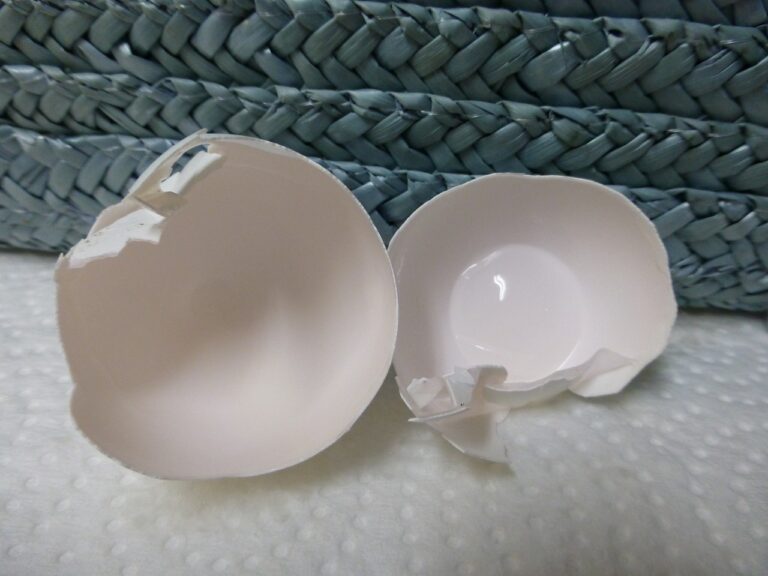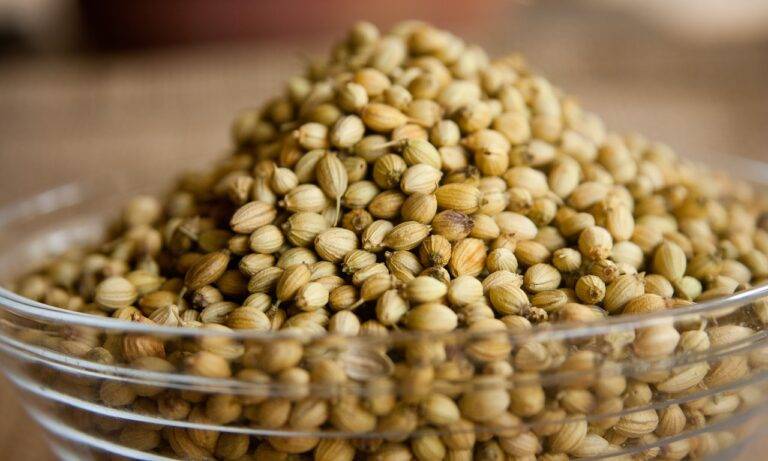Exploring the World of Edible Insects
Incorporating edible insects into your diet can be a sustainable and environmentally friendly food choice. Insects are highly efficient at converting feed into protein, making them a more resource-efficient option compared to traditional livestock like cows or pigs. By including insects in your diet, you can help reduce greenhouse gas emissions and minimize the use of land and water resources.
Furthermore, edible insects are often rich in essential nutrients such as protein, healthy fats, vitamins, and minerals. They can provide a valuable source of protein for individuals looking to diversify their diets or reduce their consumption of animal products. By incorporating edible insects into your meals, you can boost your nutritional intake and support a more balanced and sustainable food system.
Nutritional Value of Edible Insects
Edible insects have long been consumed in various cultures worldwide, providing a rich source of essential nutrients that can benefit overall health. These insects are known to be packed with high-quality proteins, offering an alternative protein source that is sustainable and environmentally friendly. In addition to proteins, edible insects also contain a variety of vitamins and minerals, making them a well-rounded nutritional option.
Moreover, certain edible insects are rich in healthy fats such as omega-3 and omega-6 fatty acids, which are crucial for brain function and reducing inflammation in the body. Including a variety of edible insects in your diet can help diversify your nutrient intake and contribute to a more balanced and well-rounded nutritional profile. Additionally, these insects are low in carbohydrates and can be a great option for individuals looking to manage their carbohydrate intake for weight management or other health reasons.
What are some benefits of incorporating edible insects into your diet?
Edible insects are a sustainable source of protein, rich in vitamins and minerals, and can help diversify your diet.
What is the nutritional value of edible insects?
Edible insects are high in protein, healthy fats, vitamins, and minerals such as iron, calcium, and zinc.
Are edible insects a good alternative to traditional meat sources?
Yes, edible insects are a more environmentally friendly and sustainable option compared to traditional meat sources.
How can I incorporate edible insects into my diet?
Edible insects can be eaten whole, ground into powder for baking, or used as ingredients in various dishes such as tacos, stir-fries, and salads.
Are there any potential allergens in edible insects?
Some people may have allergies to certain types of insects, so it’s important to be cautious and consult with a healthcare provider if you have any concerns.







